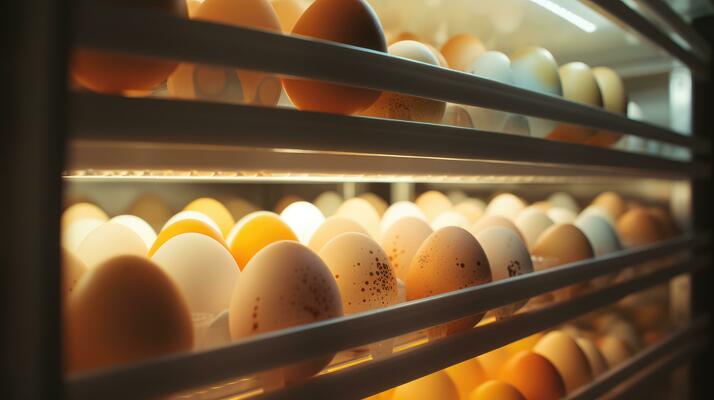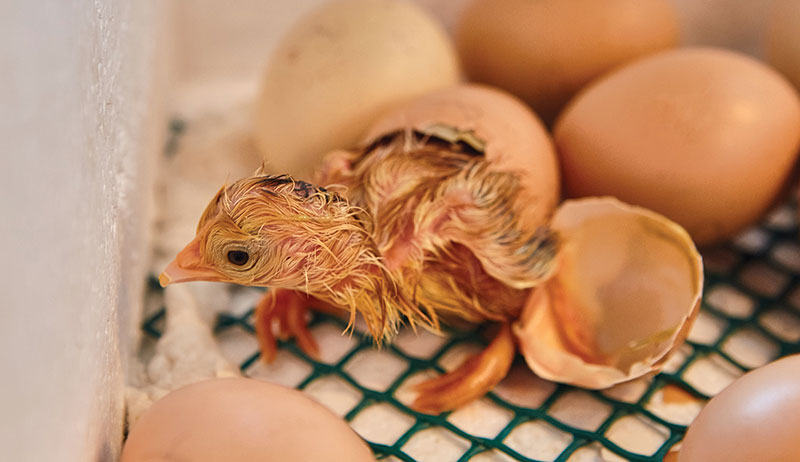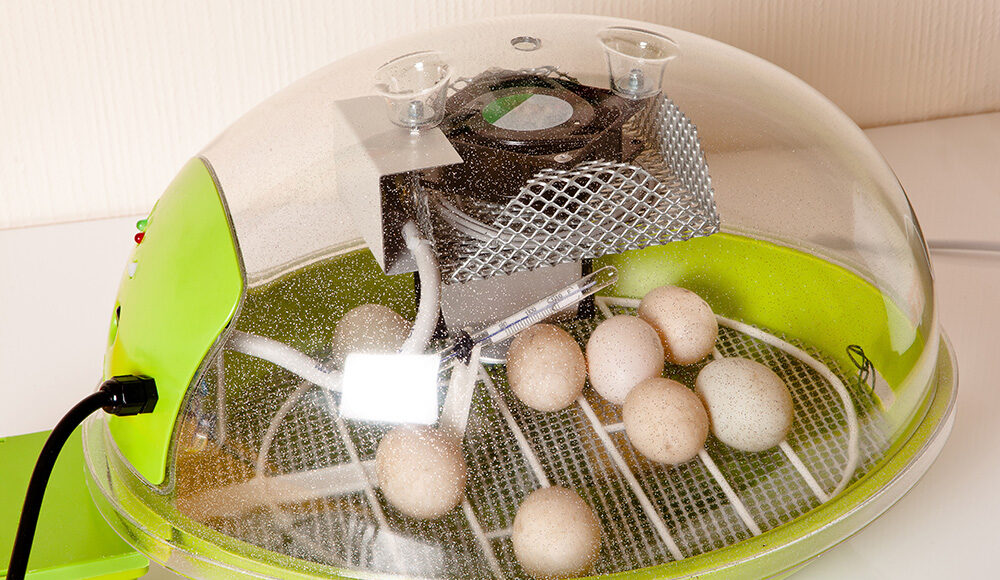Welcoming new chicks into the world is an exciting event for any poultry enthusiast. However, the journey from egg to chick is fraught with challenges, especially regarding stress factors that can impact their development. Understanding how to reduce stress on hatching chicks is crucial for ensuring healthy growth and vitality. In this article, we will explore various techniques and insights that can help you create an optimal environment for your chicks.

Understanding the Importance of Stress Reduction
Chicks, like any other living creatures, are sensitive to their environment. The first few days after hatching are critical as they adjust to the new world outside the egg. Stress during this period can lead to weakened immune systems and stunted growth. Therefore, reducing stress is not just beneficial but essential for their overall well-being.
What Causes Stress in Hatching Chicks?
Several factors can contribute to stress in hatching chicks, including temperature fluctuations, humidity levels, and handling practices. Understanding these factors will guide you in creating a nurturing environment. For instance, ensuring a stable temperature and humidity level can significantly reduce stress. You can learn more about humidity hacks to optimize your incubator settings.
Creating the Ideal Incubation Environment
Temperature Control
Maintaining a consistent temperature is vital in reducing stress. Chicks require a warm environment, typically around 95F (35C) during the first week, gradually decreasing as they grow. Using a reliable thermostat and thermometer can help you monitor and maintain the ideal temperature.
Humidity Management
Humidity plays a crucial role in the successful hatching of chicks. It prevents the eggs from losing too much moisture, which can lead to dehydration and stress. To learn more about managing humidity levels in your incubator, check out our humidity management tips.
Proper Handling and Care
Gentle Handling Techniques
Handling chicks with care is essential in minimizing stress. Avoid sudden movements and loud noises when interacting with them. Gentle handling helps them feel secure and less anxious.
Providing Adequate Nutrition
Proper nutrition is fundamental for reducing stress and promoting growth. Ensure your chicks have access to clean water and a balanced diet rich in proteins and essential nutrients.
Monitoring and Health Checks
Regular Health Assessments
Conducting regular health checks can help you identify any signs of stress or illness early on. Look for symptoms such as lethargy, loss of appetite, or abnormal behavior. Early intervention can prevent more severe health issues.
Creating a Stress-Free Environment
In addition to maintaining the ideal physical conditions, creating a calm and quiet environment is essential. Reduce noise levels and minimize disturbances to help your chicks grow in a stress-free setting.
Learning from Experts
For further insights on chick care and incubation, explore expert resources such as The Poultry Site, which offers comprehensive guidance on chick rearing and stress management.
Conclusion
Understanding how to reduce stress on hatching chicks is essential for anyone involved in poultry raising. By controlling environmental factors, ensuring proper nutrition, and providing gentle care, you can help your chicks grow into healthy and robust adults. Remember, a little effort in the early stages can lead to significant benefits in the long run.

FAQs
Why is temperature control important for hatching chicks?
Temperature control is vital because fluctuations can cause stress and affect the chicks’ development. Maintaining a stable temperature helps ensure healthy growth.
What are common signs of stress in chicks?
Common signs of stress include lethargy, loss of appetite, and abnormal behavior. Monitoring your chicks for these signs can help you address issues promptly.
How can I ensure proper nutrition for my chicks?
Provide a balanced diet rich in proteins and essential nutrients, along with access to clean water. Proper nutrition is key to reducing stress and promoting growth.
This article contains affiliate links. We may earn a commission at no extra cost to you.











